In a recent editorial published in the May/June edition of the Journal of the Advanced Practitioner in Oncology (JADPRO), Drs. Ramirez and Campen exposed systemic failures in detecting drug-drug interactions (DDIs) in the oncology setting. Their article was an extrapolation of a Chicago Tribune exposé that addressed the same issue albeit in the community pharmacy setting. Ramirez and Campen basing their editorial on the “Swiss cheese model” identified 4 gaps: (1) prescriber knowledge, (2) computer screening, (3) pharmacist knowledge, (4) patient education. The authors concluded that “The system is failing, and the problem only seems to be growing”.
Where do we go from here? how do we fix such a problem? in previous posts, I mentioned the shift toward a new healthcare paradigm of patient outcomes data collections. Perhaps one of the most important contributors to the gaps exposed by Ramirez and Campen is the use of multiple pharmacies as a provider of pharmaceuticals. For instance, patients may receive his chronic illness therapies from a mail order supplier, his acute medications from his local drug-store and his oncology or immunological therapy from a specialty pharmacy. Not to mention that all these medications may be prescribed by various specialists and general practitioners. In addition, the availability of apps and websites that provide cost comparison and coupons promoting patients to shop for medications from various sources compound the multi-pharmacy use problem. There is enough evidence in the literature that indicates that this issue reduces adherence to medication, and increase the risk of unchecked DDIs.
Historically, pharmacists enjoyed the highest level of trust to provide drug information to patients, improved adherence by reminding patients of due refill, promoting medication therapy management (MTM), avoid dispensing medication causing potential DDIs without discussion with prescribers.
However today, in the multi-pharmacy use model that centralized one pharmacist is removed and the patient’s safety is therefore compromised.
As we move into this new paradigm change in healthcare where costs trump all, there seem to be two options to keeping a centralized data on the patient’s medication therapy.
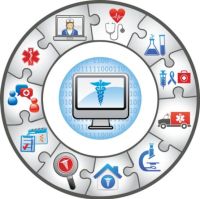 1) Health insurance agency (governmental or non-governmental): data is maintained and reviewed in real-time, screened for the potential drug-drug interaction, duplication of therapy, dosage appropriateness…etc (not to mention these services are currently sporadically available). In addition, there must be some routine review conducted by health insurance agency in the like of case management. However, inherent in such a model, are ethical concerns and conflicts of interests that need to be addressed. For instance, how would cost influence choice of therapy? or how would the agency use patient’s data?
1) Health insurance agency (governmental or non-governmental): data is maintained and reviewed in real-time, screened for the potential drug-drug interaction, duplication of therapy, dosage appropriateness…etc (not to mention these services are currently sporadically available). In addition, there must be some routine review conducted by health insurance agency in the like of case management. However, inherent in such a model, are ethical concerns and conflicts of interests that need to be addressed. For instance, how would cost influence choice of therapy? or how would the agency use patient’s data?
2) Patient portal data gathered from various healthcare providers is stored in a secured patient portal with ease of use. The patient is then educated on its use and it is ultimately the patient that grant access to the healthcare providers. Furthermore, built-in application to enhance health literacy and engaging the patients in a meaningful way to take charge of their health. This seems to be the best model, relying on a universal electronic health record (EHR) as opposed to multiple provider-dependent variations of electronic medical record (EMR). However, this model is not without shortcomings, mainly patient literacy. Yet this can be overcome with patient education and user-friendly customization according to the patient’s health literacy level. Ultimately, the onus is therefore on the patient to take charge of his/her records and disseminate this information to his/her clinicians.
Improving patient’s health outcomes is not simply the burden of the “system” as if the “system” is some extrinsic entity. Improving patient’s health outcomes relies significantly on education the patient and improving their health literacy so that the patients take charge of their health.
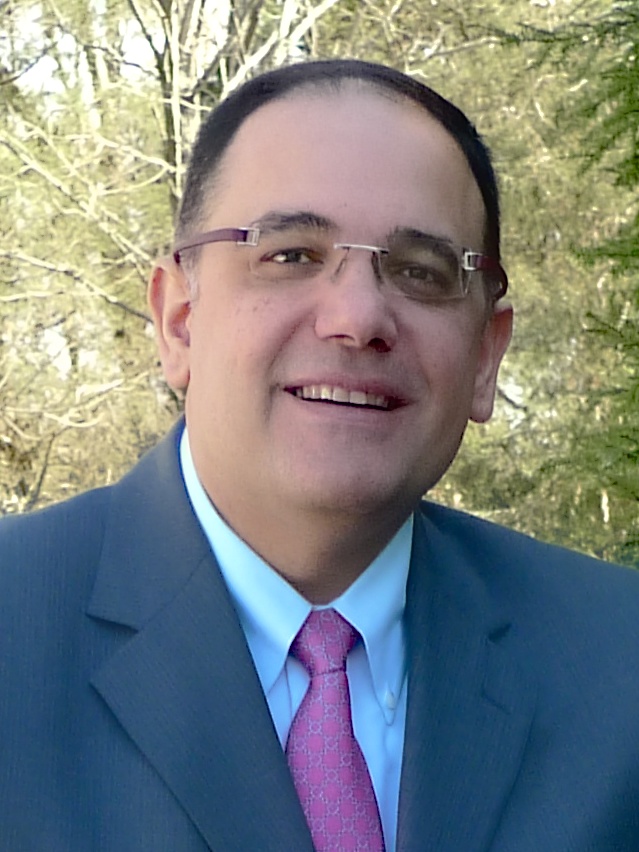
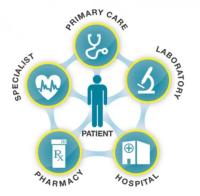
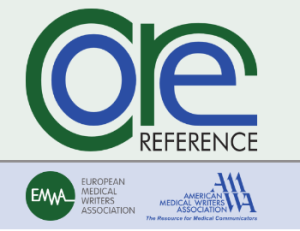

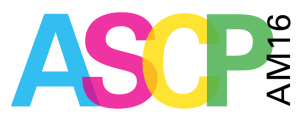
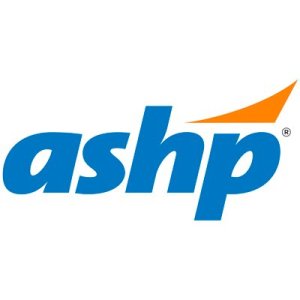



You must be logged in to post a comment.